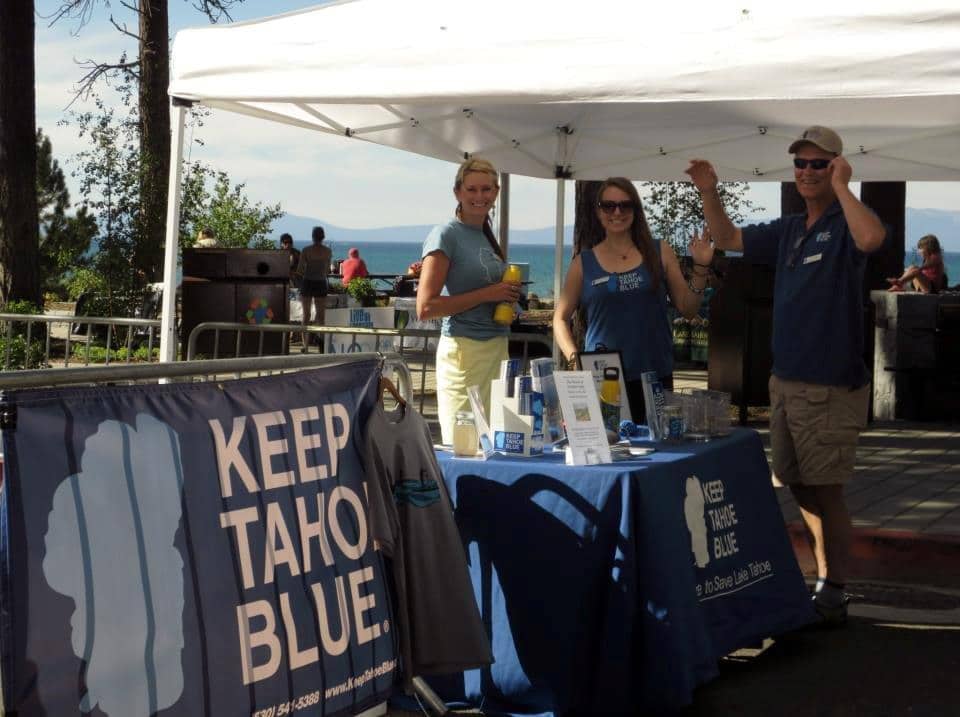 Today it seems like every big corporation wants to become more entrepreneurial. They envy the creativity and freedom of small start-ups, and they want that spirit in their own companies. In order to achieve the entrepreneurial spirit, they may have to think and act, even budget and organize, much like a small start-up.
Today it seems like every big corporation wants to become more entrepreneurial. They envy the creativity and freedom of small start-ups, and they want that spirit in their own companies. In order to achieve the entrepreneurial spirit, they may have to think and act, even budget and organize, much like a small start-up.
Every successful entrepreneur will tell you that a large part of his or her success has to do with people. From recruiting creative people to sharing challenges with them, from soliciting their creative problem-solving talents to public awards for great ideas, entrepreneurs are always finding new ways of doing things.
They have to. Without the giant budgets, infrastructures, and distribution systems of their big brothers, they must rely on out-of-the-box thinking to succeed.
Big companies can learn a lot from how the thriving little guys do it. Here are three practices successful entrepreneurs use to find, encourage and promote creative thinking:
1. Recruit
When we recruited a new winemaker for Barefoot Cellars, we needed more than a winemaker, we needed wine! There was a big wine shortage in California in 1995. So during the interview, we asked the candidates how they would solve this problem. Several said, “Reduce your sales until the shortage is over.” We did not hire them. But Jennifer Wall said, “Somewhere in the world, there’s too much wine!” We hired her that day! Sharing company challenges with recruits, even before they are hired, gives companies an insight as to how the candidates think and solve problems. It’s also a great way to demonstrate that you not only value creativity, but that you are hiring for it.
2. Solicit
Entrepreneurs need help from everyone, not only from their own people but from their vendors, suppliers, creditors, and customers. Their survival depends on it. Many big companies are reticent to share their challenges with others. They operate on a strict need-to-know basis. We operated on a know-the-need basis. We regularly shared our concerns with all who worked with us. It sent the message that we respected their opinions and we knew they had the insights required to come up with creative solutions. And guess what? They did! Because our challenges were made public, our staff and business associates often came up with incredible solutions.
3. Award
We found that public acknowledgement for great ideas was the easiest way to get more great ideas. When people are publically acknowledged for their creative contributions, two things happen. First, other staff members realize they too will be acknowledged for their ideas, thus encouraging them to think about problem solving. Second, the entire staff now knows more about what the awarded person does, resulting in more respect for their teammate’s responsibilities and contributions. This builds a positive company culture of true teamwork. Awards can be announced in memos, newsletters, or contests, but we found that the more often, the better. Acknowledgement also worked well for us with vendors and suppliers, as well as distributors.
Small successful start-ups know their people are their most important assets. They are an abundant source of creativity, if given the opportunity. It’s not enough to say you want your big company to be more entrepreneurial and creative. You must employ the measures that actually allow this to happen.
Next time we will conclude this seven-part series on how big companies can become more entrepreneurial by examining the advantages of building a company within a company (also known as a skunk works).


